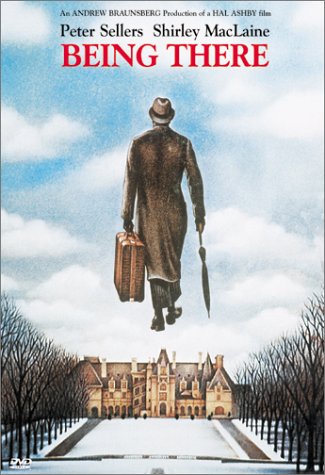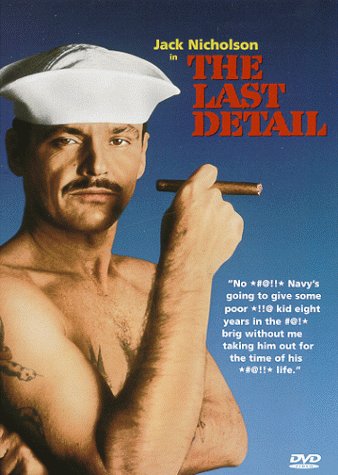by Jennifer Wachtell
Good


Hal Ashby's movies captured a messy, post-1960s America in alternately hilarious and poignant ways. Here, Wes Anderson, Judd Apatow, Alexander Payne, David O. Russell, and Jason Schwartzman talk about their favorites.
In the 1970s, Hal Ashby made a series of films so brilliant and yet so utterly different from one another that if you didn’t know who the director was, you might not think they were made by the same person. His films move effortlessly from the lavish mansion in Being There, a comic and prescient look at the effects of television on America, to the grim Veterans’ Administration Hospital and boardwalks of Venice Beach, California, in Coming Home. At his best, Ashby was able to make the personal political and the political personal, with humor and without boring the audience.
It is not surprising that Ashby’s films feel relevant at the moment, since our fragmented political climate isn’t that different from the post-Vietnam-and-Watergate years in which they were made. But unlike their latter-day counterparts, Ashby’s movies take on complicated subject matter without being reductive, telling stories through human relationships with no clean resolution. There is more said about American politics in Being There or about the women’s movement in Shampoo than in so many of the films that take on those subject matters directly.
During the late 1960s in Hollywood, the studios realized that there was something going on in the country that their corporate cultures didn’t entirely understand, and that as a result, their movies were out of sync with younger audiences. Then along came the indie hit Easy Rider, and it became clear to executives that they might need to open things up and look for ideas in new places.
Hal Ashby was a beneficiary of this new freedom, but he wasn’t a kid fresh out of film school. He had hitchhiked to California, away from his Mormon family in Utah and what must have been a difficult childhood—there were financial problems, his parents divorced, and his father committed suicide when Ashby was 12.
He had come up through the studio system, starting as a copyboy at Universal, a job he got through the unemployment office. He later worked as an apprentice editor, an especially arduous task before computers, and gradually became the editor on movies such as The Loved One and the original Thomas Crown Affair. He was said to be obsessed with his work, to the point of sleeping in the cutting room for days on end, and it took a physical toll.
Ashby did find the time to become politically active, and was an early supporter of the civil-rights and antiwar movements. He had been married and divorced three times by the 1960s, and in keeping with the era, he switched from heavy drinking to smoking a lot of pot.
In 1967, at the age of 38, Ashby was threatening to leave editing behind when he won an Oscar for In the Heat of the Night. In a fortunate twist of fate, Norman Jewison, for whom Ashby had edited several films, dropped out of directing The Landlord, and helped Ashby step into the project. Finally, at 40, Ashby had started his new career as a director, a rare transition for an editor, especially at his age. He seemed to enter this period of his career with a renewed openness and an experimental spirit. He used his difficult background to emphatically tell the stories of people who live on the edges of society.
Ashby never received the acclaim enjoyed by contemporaries like Francis Ford Coppola or Martin Scorsese—even though he made a bunch of the best films of that period. A few things worked against him: His material was so varied and his touch so light that his body of work isn’t easy to categorize.
The important critics of his day, such as Pauline Kael, didn’t love his work, and he was regarded as difficult to work with because of his strong antiauthoritarian streak. Sadly, his work fell off after the 1970s—some say because of drugs—and he died relatively young, of cancer, in 1988, before he could rebound and find his place again.
We asked some of the writers and directors who have been influenced by his work to tell us about their favorite Hal Ashby movies. Here’s what they had to say.
To Read the Commentaries
No comments:
Post a Comment